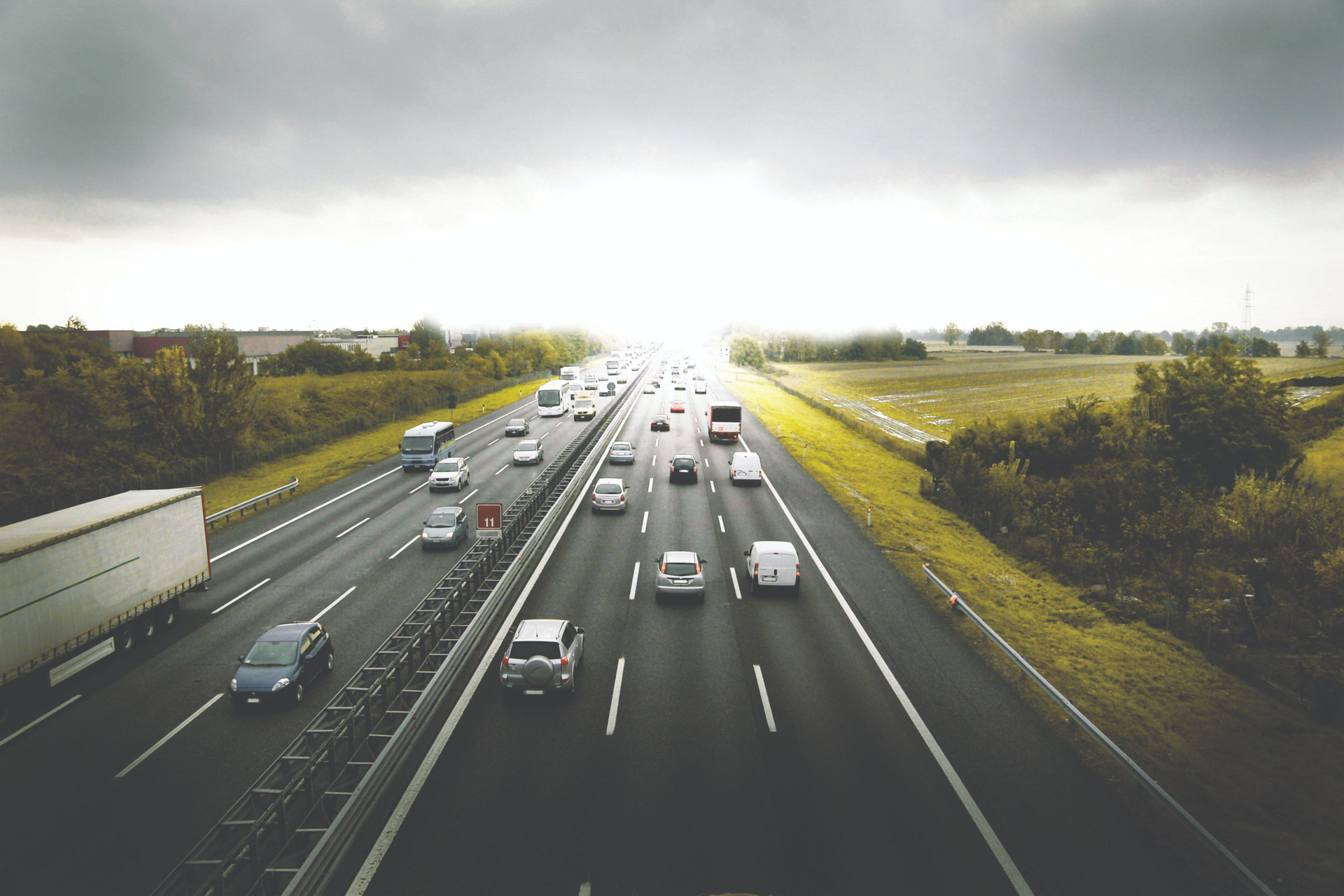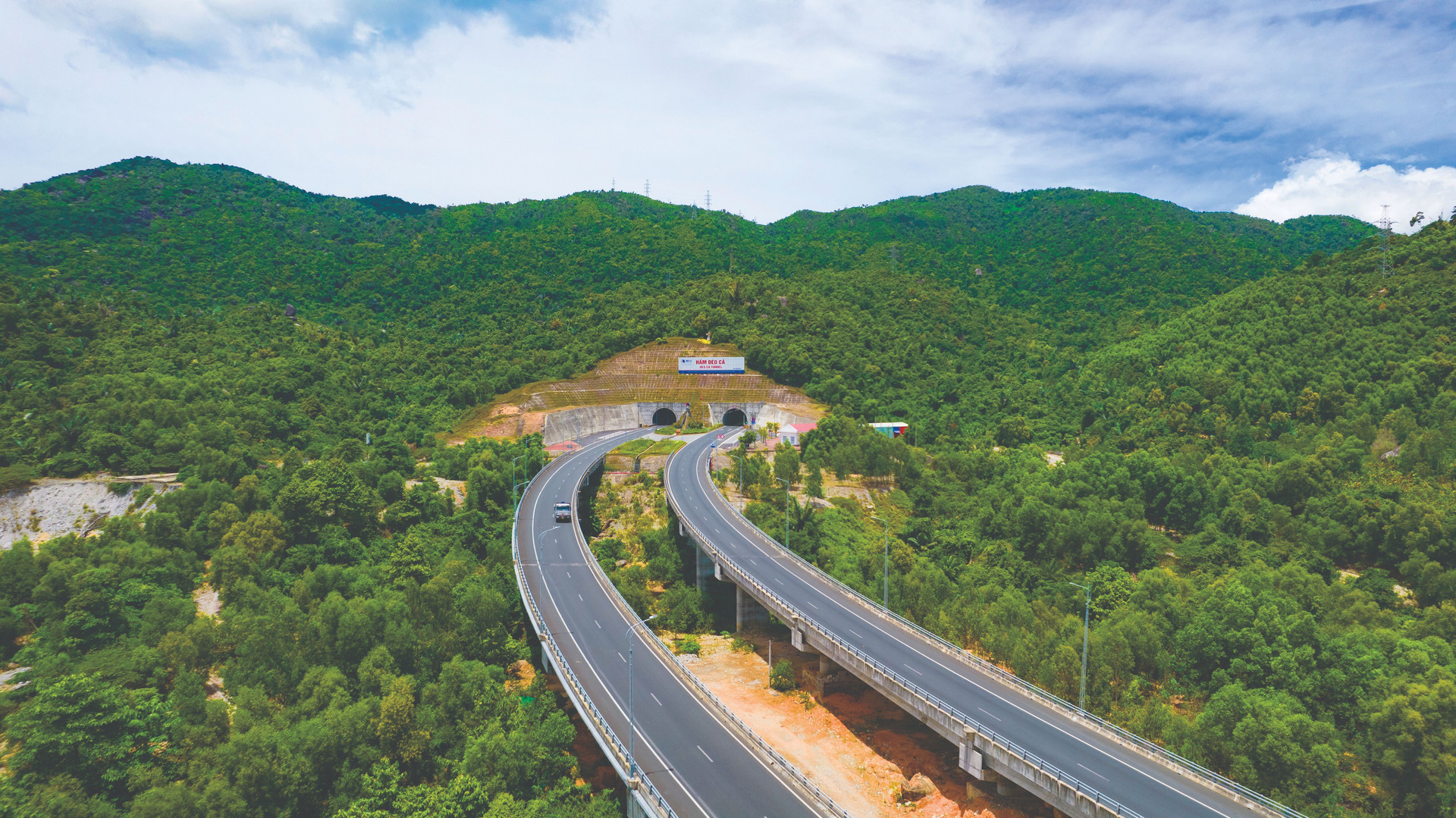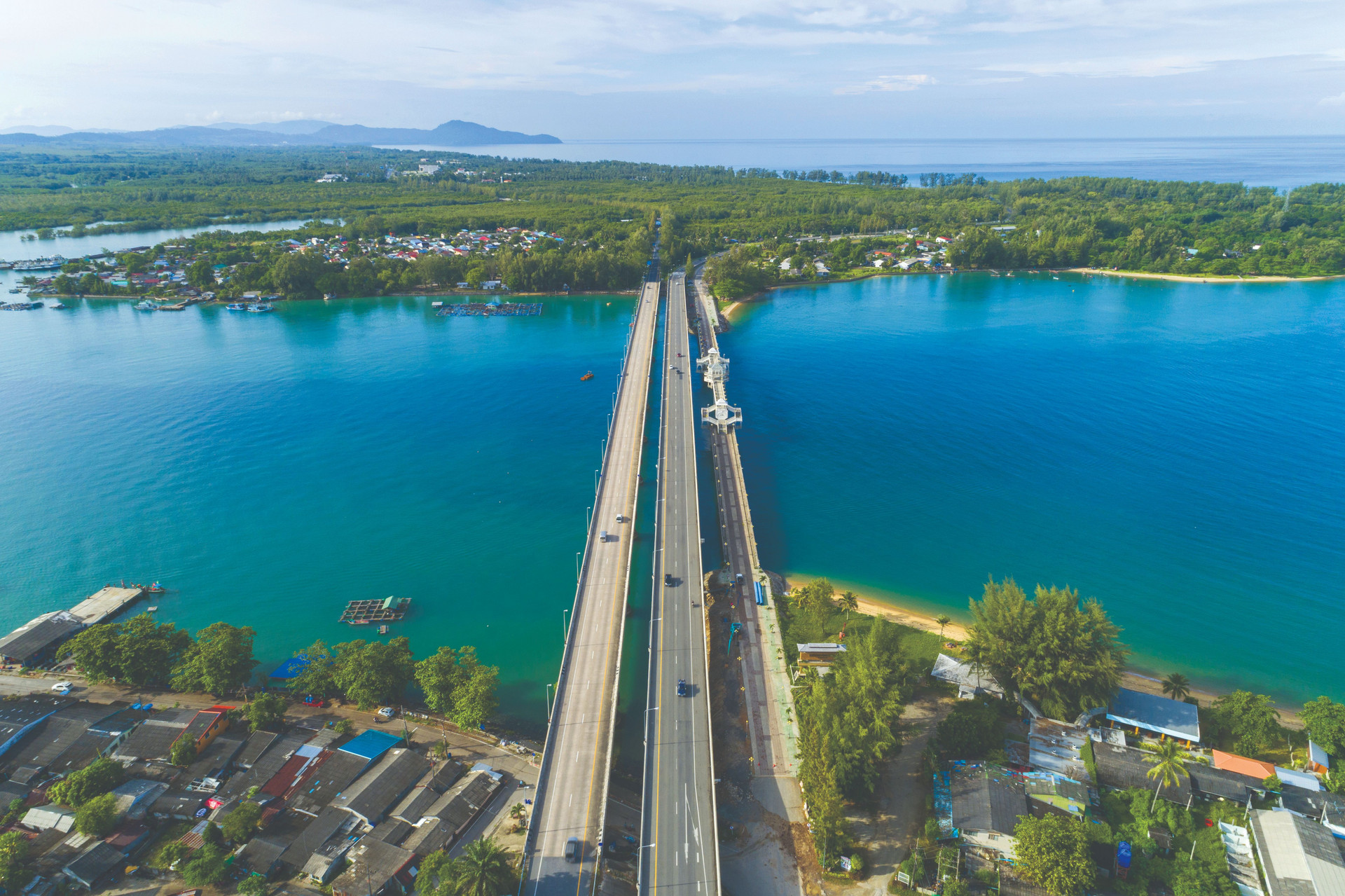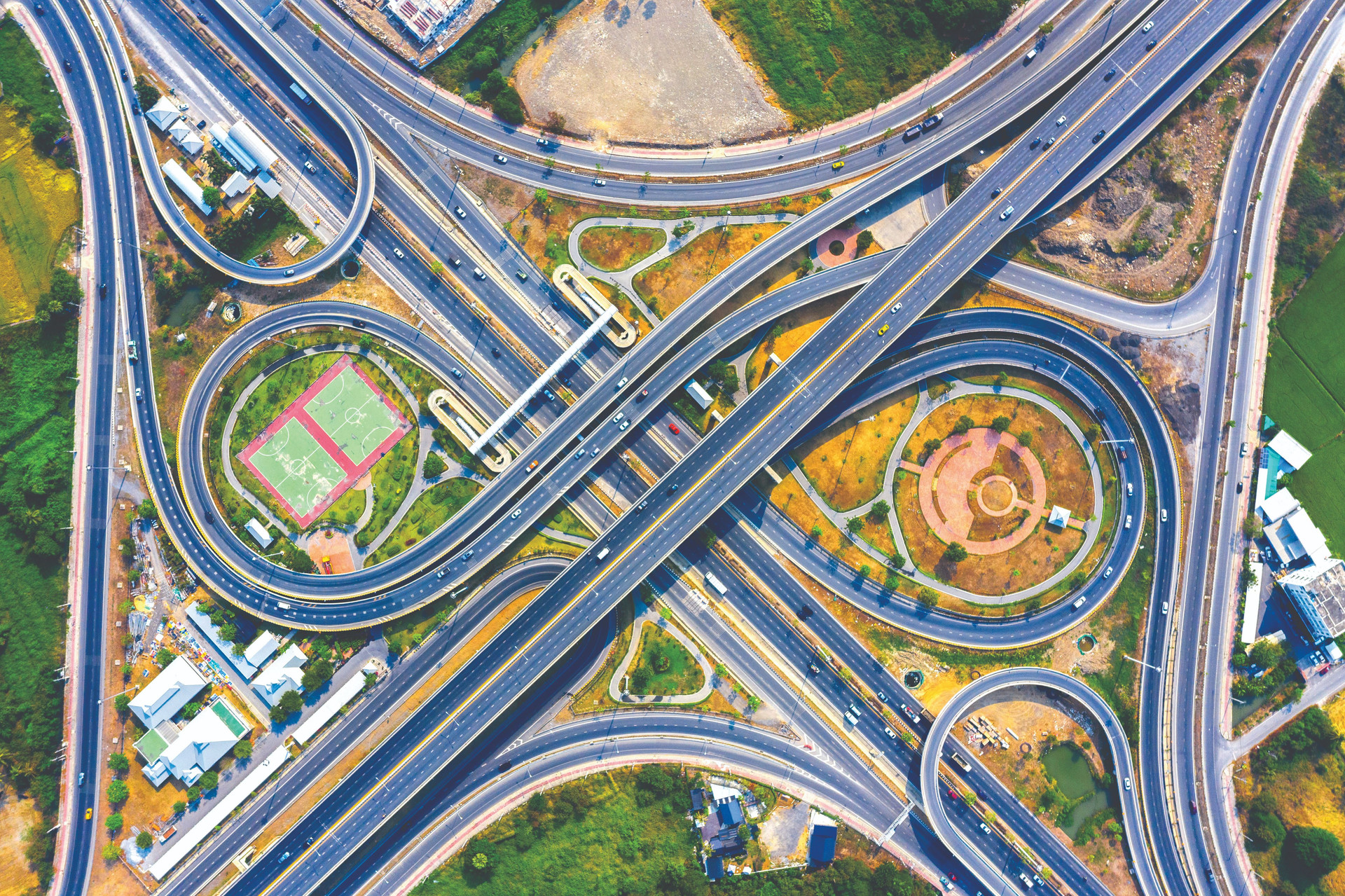Vietnam's ambition for expressways
English - Ngày đăng : 14:29, 13/10/2022
There have been economic breakthroughs in the world thanks to expressway. One of them is the expressway of Gyeongbu connecting Seoul and Busan- the Korea’s two largest cities.
From the story of Gyongbu expressway, Korea...
Gyeongbu Expressway with the length of 428km was built with the Korean’s spirit “Just do it” when the country was weak both in terms of capital and technology.

In 1964, when South Korea’s President Park Chung Hee came back from his visit to West Germany, the prosperity of West Germany made him ponder. To develop Korea’s economy, he had an intention to build an expressway connecting Busan port to the capital Seoul. At the time, there were a lot of oppositions from many sides, especially the opposition and the World Bank. It was infeasible and crazy to build an expressway when the people were in poverty...
However, President Park was not discouraged and determined to achieve the goal. After a period of time of research and discussion with the Ministries of Construction, Finance, Transport, and the Planning Department... The construction of Gyeongbu Expressway was handed over to Hyundai Company (the Group currently) as the general contractor.
On February 1, 1968, the construction of the expressway connecting Busan with the capital Seoul was officially started. Hyundai Company was ‘the leader’ to supervise the construction, and undertook the main part of 133km-long road, including 5 kilometers of the most complex tunnels, the remaining of 295 kilometers was divided into small packages and assigned to 16 other companies. Contractors mobilized over 8 million workers to work 3 shifts, day and night.
After 2.5 years of construction, the 428km- long expressway was completed a year earlier than it was planned. On July 27, 1970, Korea’s Government held a ceremony to inaugurate the country’s first highway. In his speech, Park said:” We have built the expressway in the shortest time in the world’s history of expressway building with Korean’s resources, technology and human power”.
As the leader of the enterprises that has constructed 25km of road tunnel, 275km of expressways and national roads and six large bridges, Ngo Truong Nam- General Director of Deo Ca Group- said Deo Ca was confident with its abilities and experience and would be ready to accompany the Government to build the North - South Expressway phase 2, especially large projects with tunnels.
As President Park’s calculation, Korean’s economy has had a remarkable growth after the Seoul- Busan Expressway was built, making a spectacular breakthrough that has made Korea one of the world powers. Korea Expressway Corporation (KEC) estimated Gyeongbu Expressway makes KRW 13,550bn of economic value annually.
The stories of Korea’s Gyeongbu and West Germany’s Autobahn highway system are proof for the fact it is a must to develop infrastructure for a country’s economic developments.
... To the story of the digging - through - mountain tunnel, Vietnam
Similar to Korea’s Gyeongbu Express, there was a project which used to be considered impracticable when its investor suggested to build a digging- through-mountain tunnel in Deo Ca (Ca Pass).

In 2009, Ho Minh Hoang (current President of Deo Ca Group) proposed to build a road tunnel through Deo Ca. At the time, he was just over 30 and was General Director of a local construction company and digging a tunnel through a mountain depended on foreign human resources, equipment, machinery and technology...
In the period 2003-2010, budget for transport infrastructure investment was mainly from ODA loans, but it began to be limited. Loans from domestic banks had very high interest rates and capital sources from the stage budget was limited
But with aspiration and the thinking “Have a dream and make it come true” and with feasible solutions, Hoang convinced the Government, ministries and department to build Deo Ca Road Tunnel. In 2010, the project was approved for investment policy; in 2010, the construction started; in 2017, the tunnel was completed and put into operation.

The project has the total length of 13.9km, of which Deo Ca Tunnel has the length of 4.125m; Co Ma Tunnel has the length of 0.5km and 9.3km of accessing road with the speed of 80kph. This is the work done by Vietnamese with the domestically mobilized capital. The project was completed 4 months ahead of schedule with absolute safety. Especially, VND 4,000bn was saved for the construction of Cu Mong Tunnel (out of the total of over VND 15,000 bn initially approved as investment capital) - an unbelievable thing.
President Nguyen Xuan Phuc (then a Politburo member, Deputy Prime Minister) visited Deo Ca Tunnel Project in September 2014, expressed his joy: "I am very proud because this is a tunnel made by Vietnamese ourselves. The work shows outstanding maturity of investors, domestic constructors, especially the staff of technical workers, engineers and construction supervisors”.
... And the target of 5000 km of expressway
Back to the story of Vietnam’s expressway, the Government’s target is to have 3,000km of expressway by 2025; and 5,000km of expressway by 2030. Therefore, 3,700km of expressway will be completed in 9 years- it is a no small challenge. In the past 20 years, Vietnam has completed about 1,300km of expressway.

However, with current abilities and experienced of Vietnam’s contractors, it is possible to achieve the target. Economic expert Pham Chi Lan said domestic enterprise are completely overpowered it the State knows how to mobilize resources from people by choosing domestic contractors in priority.
However, it should be based on works that have been carried out to choose construction units- those who are whole-hearted and capable.
As the leader of the enterprises that has constructed 25km of road tunnel, 275km of expressways and national roads and six large bridges, Ngo Truong Nam- General Director of Deo Ca Group- said Deo Ca was confident with its abilities and experience and would be ready to accompany the Government to build the North- South Expressway phase 2, especially large projects with tunnels.
Gyeongbu was built by determination of Koreans; Ho Chi Minh Trail was built by the consensus from the whole nation; Deo Ca Tunnel was built with aspiration and the confirmation that Vietnamese people are capable to build world-class works... Therefore, with determination, consensus from the Government, investors, contractors and people, it is possible to have 5,000km of expressway by 2030.
